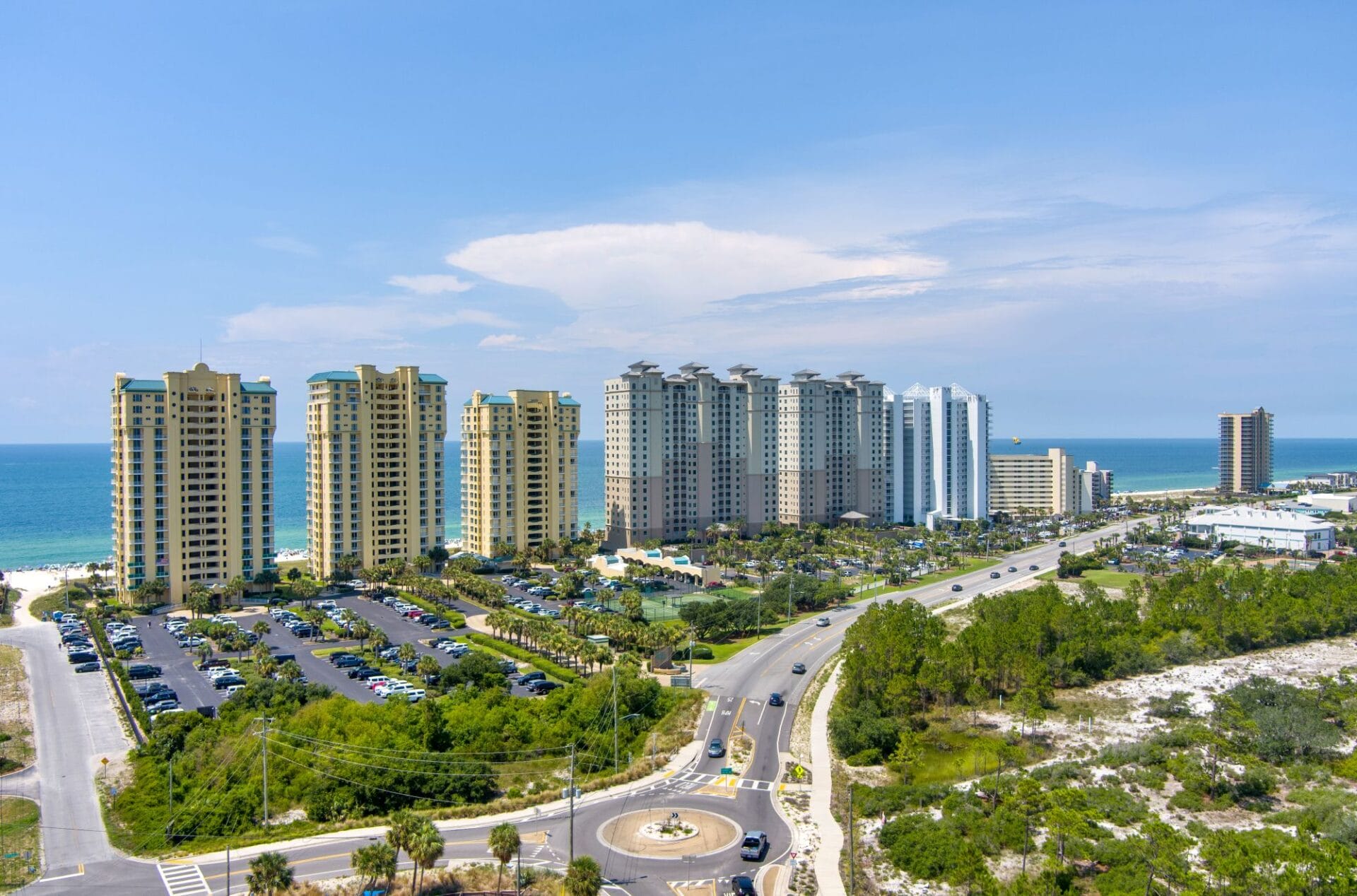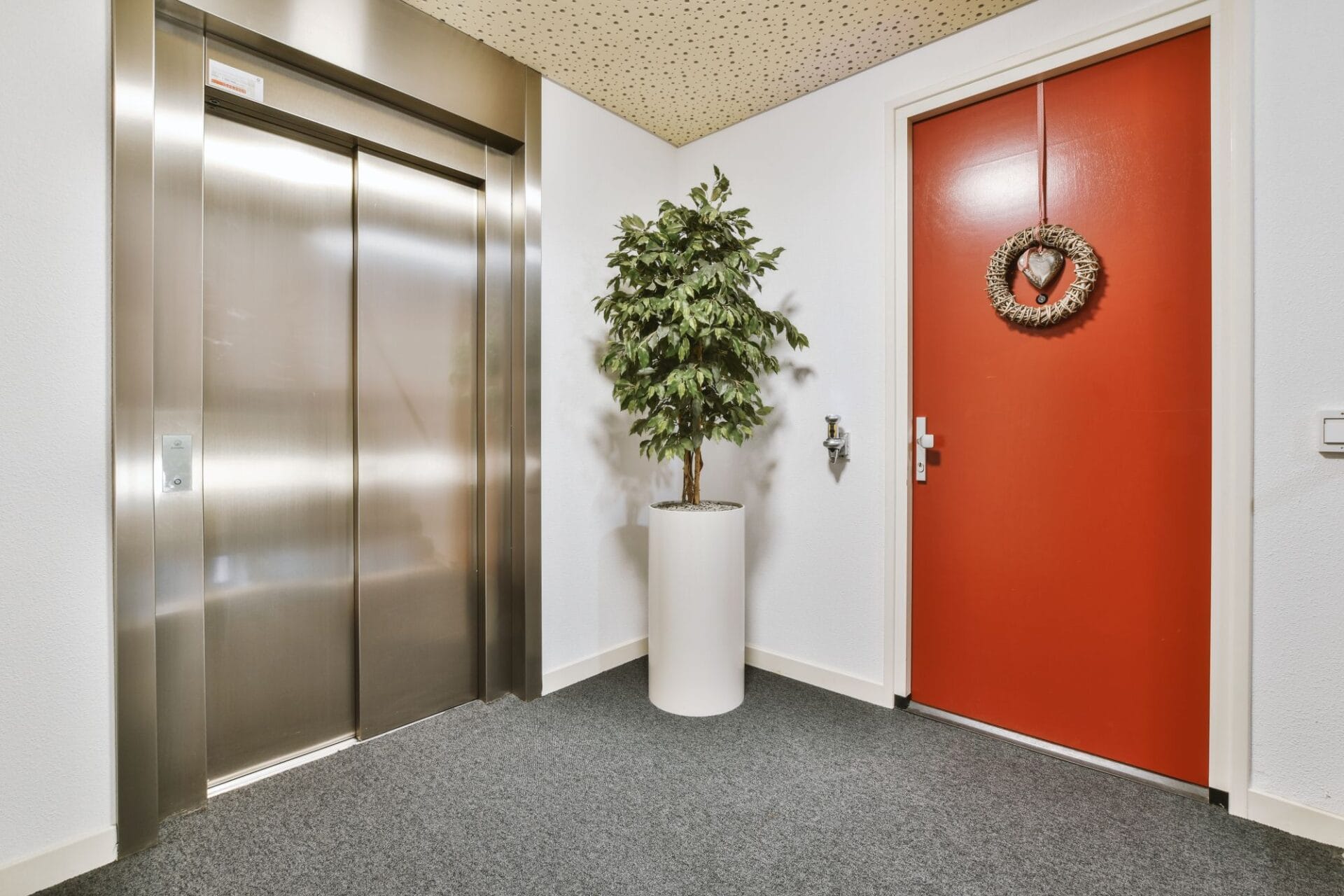Strata fees, sometimes referred to as maintenance fees, are payments made by strata lot owners. This money is used to help pay for maintenance and the upkeep of the community. Strata fees are mandatory, and every owner must pay their fair share.
Your fees will vary depending on the type of strata you belong to, and what types of amenities are available to owners of the corporation.
Where do strata fees go?
Each strata lot owner must pay fees to cover common expenses. The money is used for two main things:
- The operating fund – used for day-to-day items or recurring items like building insurance, staffing fees, garbage collection, amenity repairs, etc.
- The contingency reserve fund (CRF) – used to pay for major expenses such as installing a new roof or repaving a road. Stratas are legally required to have a CRF.
How often are fees due?
Strata fees are usually paid monthly, but your strata should have a bylaw that states when strata fees are to be paid. If the corporation doesn’t have its own bylaw, then Standard Bylaw 1 applies. In that case, strata fees will be paid on or before the first day of each month.
A property manager can help with the collection process. They have experience with this task and can ensure cheques are deposited on time. Alternatively, strata management software can be used for this recurring job. Owners can pay at any time, and can even submit payments on their phones.
How are fees calculated?
Strata fees are determined based on the annual budget and the expenses that the corporation will need to cover during the upcoming fiscal year. The budget must be approved by majority vote at the strata’s annual general meeting (AGM). Once the budget is passed, the corporation has two weeks to inform owners of the new strata fees.
Strata fees are normally calculated by dividing the expenditures in the budget among strata lots on the basis of unit entitlement. This means if you live in a two-bedroom condo, you would pay more than someone who lives in a one-bedroom unit. However, in bare land stratas, unit entitlement is usually equal.

In some cases, common expenses may only be paid by select strata lot owners. For example, owners would pay more if only they had access to certain items that contributed to common expenses.
The schedule of unit entitlement can be found in the corporation’s strata plan. It must also be registered at the Land Title Office (LTO), or filed separately on a “Form V: Schedule of Unit Entitlement” at the LTO.
Strata fees may be calculated by using a formula other than the unit entitlement method. But first, a unanimous vote approving the new formula must be passed. The new formula must also be registered with the LTO.
It’s estimated that strata fees in Metro Vancouver can range drastically from $0.12/square foot to $1.11/square foot, depending on the type of strata. For high-rise condos, the average monthly fee is around $0.55/square foot. The average is $0.25/square foot for townhomes.
Fee increases
Like all other home expenses, strata fees will inevitably go up. That’s because the costs of materials and services increase over time. Owners should expect to pay more in fees, but the strata council must also detail why the increase was necessary. The budget is the best way for council members to show why a fee increase is needed.
While no one likes fee hikes, low strata fees aren’t good either. Strata fees that are too low indicate poor management, insufficient maintenance, or an underfunded CRF. It may not seem like a huge deal, but a poorly maintained building could impact how much you are able to sell your individual home for. Alternatively, you may be stuck paying a hefty special levy or assessment if an expensive repair is needed and the CRF is too low.
What happens if you refuse to pay strata fees?
Strata fees are mandatory; owners should do their very best to always pay fees on time. Those that make a habit of paying late may incur late fees or other penalties. The reason that corporations need owners to pay on time is that that money has already been accounted for. If the strata doesn’t have sufficient funds to pay for scheduled maintenance or staff costs at the end of each month, it will either have to reduce the service and care provided to owners and the building, or take out a loan (which owners end up paying for).
Monetary penalties
A strata council is awarded certain powers so that it can collect money from delinquent owners. It can fine a strata lot owner for failing to pay fees in accordance with the bylaw. Standard Bylaws 23 and 24 apply to any corporation that does not have its own bylaws about fines.
The strata may charge interest on top of monetary fines for late or unpaid fees if it passes a bylaw that clarifies the rate of interest that the corporation can charge for late payments.
Note that the interest on late or unpaid fees:
- Cannot exceed 10% per annum, compounded annually
- Does not qualify as a fine
- Forms part of the strata fees
Interest rates are not intended to generate more money for the strata. They are instead meant to encourage owners to pay their fees on time.
Restriction of owner privileges
If fines don’t work, strata corporations can prohibit a strata lot owner from sitting on the strata council or voting on resolutions requiring a majority or 3/4 vote at general meetings. However, a bylaw allowing these actions is required first.
Liens
In very extreme cases, the strata corporation may file a lien for unpaid strata fees against a strata lot. The lien is registered at the LTO against the title of a lot by filing a “Form G: Certificate of Lien.” A lien gives the corporation the ability to start the process to foreclose on a strata lot. While liens can be filed for unpaid fees, they may not be filed for unpaid fines.
Stratas must act promptly when dealing with owners who are not paying fees. Not only do council members have an obligation to enforce rules (timely fee payment is part of that), but, in BC, there is a basic limitation period of two years for debt collection.
Unfortunately, that means some debts that are more than two years are no longer collectable (but many courts cases have shown that this two-year limitation does not apply to the collection of strata fines).
Conclusion
Living in a strata corporation certainly has its benefits, but fees must be paid by every strata member. While this is a deterrence for some, others appreciate that they don’t have to be responsible for certain maintenance jobs. Having access to a semi-private gym or pool is another reason people choose to live in stratas. It really comes down to what you value and how you prefer to invest your money and time.
























